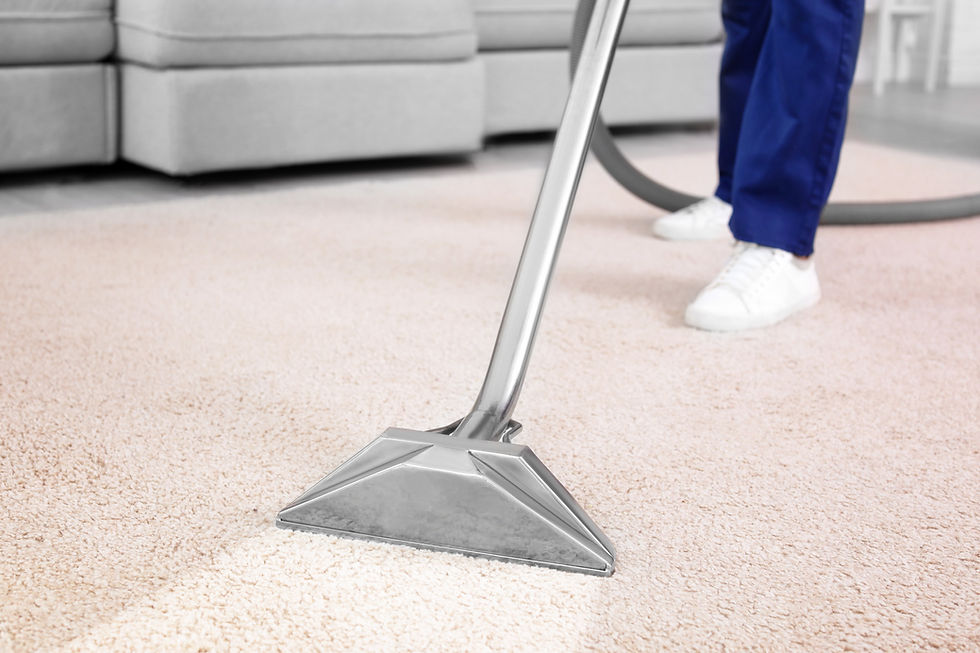High-Efficiency Water Heaters—What You Need to Know
- Liz Beltran

- Apr 27, 2023
- 2 min read

Before investing in a high-efficiency water heater, it’s important to understand the differences between high-efficiency and standard water heaters. Both are similar in using oxygen from the atmosphere in a combustion process to heat water.
However, High-Efficiency Heaters are designed to maximize the heating process more effectively through a sealed combustion process. They provide hot water for less because they save on heating water, which accounts for approximately 15 percent of a home’s energy use. The water can heat faster because ignition happens in a sealed compartment as opposed to open ignition with a standard tank. The sealed chamber lets the water heat from the center out, unlike the standard heater in which a flame beneath the metal tank heats the water from the bottom up.
With a 90 percent or higher thermal efficiency, High-Efficiency water heaters are seemingly the better choice to heat your home. Although these heaters use 10-50 percent less energy, saving homeowners on their utility bills, the expense can be a big factor in your budget. However, there are some caveats that you should be aware of. Consider the following benefits and disadvantages when purchasing an efficient system.
Advantages
High-Efficiency water heaters cost less to heat, as mentioned, because they can extract a high energy level in less time with less exhaust waste. In the meantime, it is better for the environment because it reduces the risk of carbon monoxide poisoning, as fumes from exhaust get vented out through a designated pipe rather than a chimney. Also, since the fuel is ignited inside a chamber, there is less fire risk, and no compliance is required for a fire-resistant door and other features.
Disadvantage
Although High-Efficiency water heaters are safer and more energy efficient, these water heaters require more expensive equipment and accurate installation and have higher maintenance costs. Due to the technical sophistication of components, set-up and calibration can be challenging and costly. The intake and exhaust vents that control the air coming in and exhaust going out must be balanced correctly so that the exchange of air can flow properly, enabling the system to work as it should.
When service is needed, a trained technician must diagnose and fix problems.
When deciding to purchase and install a High-Efficiency Water Heater, it would help to consider your home or building needs and characteristics, such as space, usage, age and budget. Once you forecast and compare your energy savings with the cost of equipment, installment and maintenance, you should know whether purchasing a High-Efficiency water heater instead of a standard water heater is the better investment.





Comments